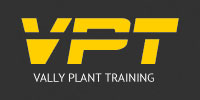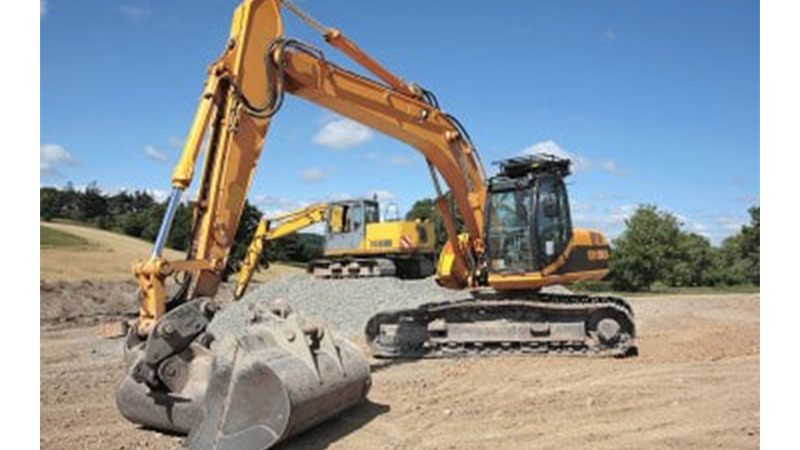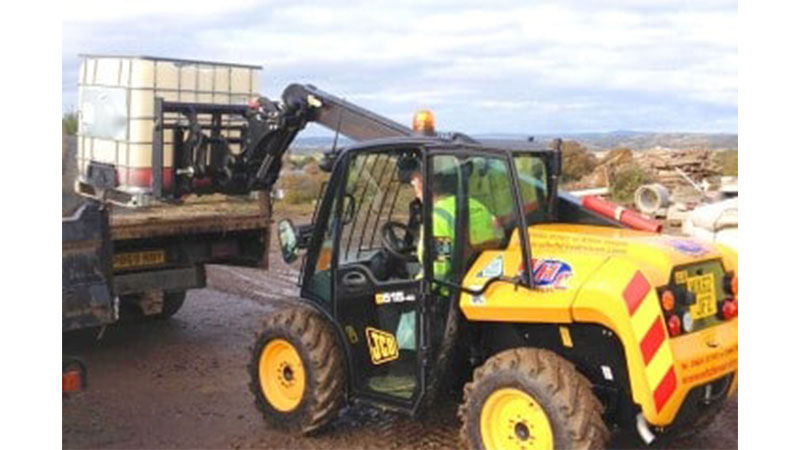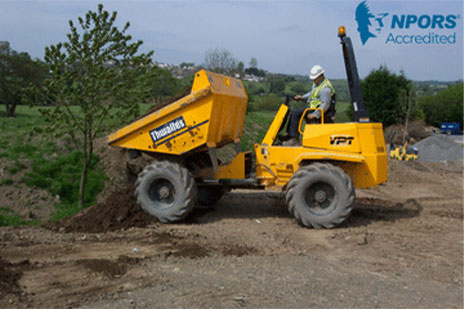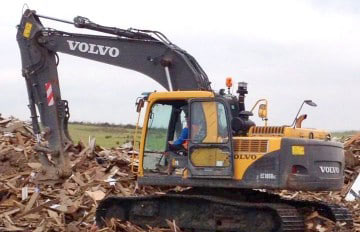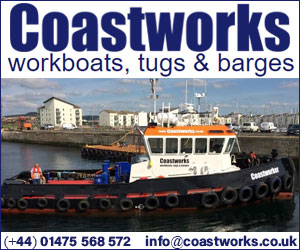Telephone
Click to view
Address
Unit B
Ashchurch
Ashchurch
Tewksbury
Midlands
GL20 7BE
About Vally Plant Training Lift Supervisor training
NPORS Lift Supervisor Training £895.00
The aim of the NPORS Lift Supervisor Training is to Provide candidates with underpinning knowledge to allow them to understand the role and responsibility of the Lift Supervisor. As a result, and following successful completion of the NPORS Crane Supervisor training candidates will be able to understand and follow safe systems of work for lifting operations. This Lift supervisor course is for 3 days and can be completed at your site or ours.
It is important that all delegates have a good understanding of spoken and written English for NPORS Lift Supervisor Training.
NPORS Lift Supervisor Experienced Test £320.00
NPORS Lift Supervisor Experienced Worker Test is for operators who have received some form of training in the past or alternatively has been working with Lifting equipment for a number of years. If you are unsure if you qualify to go down the experienced test route please contact our team to discuss this in more detail. Discounts are available for multiple bookings
There are two parts to the lift supervisor test, a theory section comprised of 25 questions and a practical session, however revision notes will be sent once the test has been booked. It is important that all delegates have a good understanding of spoken and written English for NPORS Crane Supervisor Training
Introduction
Ever wonder who keeps construction sites and warehouses running smoothly and safely? That’s where lift supervisors come in. They’re the unsung heroes ensuring everything moves like clockwork. And when it comes to proving you’re the best in the biz, NPORS certification is your golden ticket. It’s not just a piece of paper; it’s your passport to climbing the career ladder.
Why Choose Our NPORS Lift Supervisor Training?
What makes our training stand out? Imagine learning from folks who’ve been in the trenches, in training grounds that feel like the real deal, and schedules that bend to your life, not the other way around. We’re not about boring lectures; we’re about getting your hands dirty.
Course Objectives:
- 1. Understanding Regulatory Requirements:
Familiarise participants with relevant regulations and industry standards governing crane operations, LOLER.
Ensure compliance with legal requirements and best practices for safe lifting operations, BS7121. - 2. Roles and Responsibilities of a Crane Supervisor:
Define the roles and responsibilities of a Lift supervisor within the context of lifting operations.
Highlight the importance of effective communication, leadership, and decision-making skills. - 3. Crane Safety Procedures:
Provide an overview of crane safety procedures, including pre-operational checks, equipment inspection, and maintenance.
Emphasize the importance of hazard identification, risk assessment, and mitigation strategies. - 4. Lifting Plan Development:
Guide participants in the understanding of the lifting plans tailored to specific lifting tasks and site conditions created by the Appointed Person(AP).
Address factors such as load weight, size, shape, centre of gravity, and environmental considerations. - 5. Site Safety and Hazard Awareness:
Enhance participants’ awareness of potential hazards in the lifting environment, such as overhead power lines, unstable ground, and confined spaces.
Implement effective measures to mitigate risks and ensure a safe working environment. - 6. Communication and Coordination:
Stress the importance of clear and effective communication between crane operators, riggers, signallers, and other personnel involved in lifting operations. Provide guidance on establishing communication protocols, using standardized hand signals, and conducting pre-lift briefings. - 7. Emergency Response and Crisis Management:
Equip participants with the skills and knowledge to respond effectively to emergencies and crisis situations during lifting operations.
Implement emergency procedures, evacuation protocols, and contingency plans to mitigate risks and ensure personnel safety. - 8. Practical Exercises and Case Studies:
Provide hands-on lift supervisor training opportunities for participants to apply theoretical knowledge in practical scenarios.
Analyse real-life case studies to identify lessons learned, best practices, and areas for improvement in crane supervision.
Conclusion:
A crane supervisor course aims to empower participants with the expertise and confidence to lead safe and efficient lifting operations on construction sites. By focusing on regulatory compliance, safety procedures, lifting plan development, hazard awareness, communication, and practical training, the course prepares crane supervisors to fulfil their roles effectively and ensure the well-being of all personnel involved in lifting activities. Investing in crane supervisor training is essential for promoting a culture of safety, minimising risks, and achieving excellence in crane operations management.
 Scotland
Scotland UK
UK Ireland
Ireland London
London

